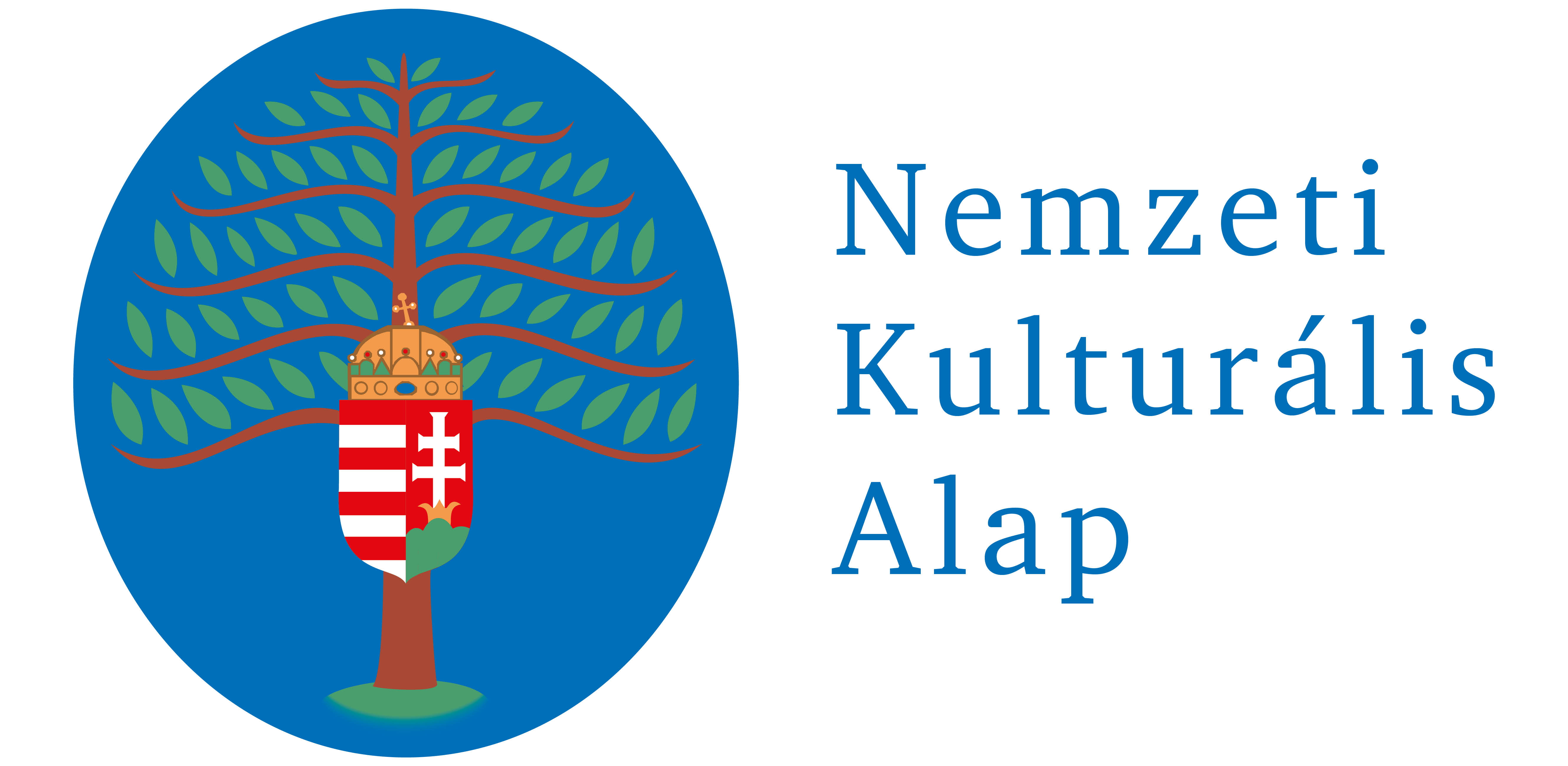Naptár
2024. április 15–19.
2024. április 20.
Eötvös József Kárpát-medencei középiskolai szónokverseny
2024. április 24. – május 3.
Tovább...
2. 2024.
Abstracts in English
Studies
Steklács, János
The concept and significance of the fluency of reading in the system of reading instruction. Theoretical background of an exploratory study and issues of paradigm shift
In the past two decades, the fluency of reading has become the focus of scientific interest. Research results have become established in the educational practices of several countries, significantly contributing to the more successful operation and development of the processes and systems of teaching and learning to read. Research has highlighted that reading fluency is the component within the system of reading skills and sub-skills that most influences and determines reading comprehension. This study aims to review the most important theoretical questions, sub-areas, and elements of reading fluency, and then addresses how the topic can fit into the paradigm system of reading instruction in Hungary. Finally, it presents the questions and characteristics of planning and conducting the first relatively large-scale national survey examining oral reading fluency.
Szenczi, Beáta – Fejes, József Balázs – Vígh, Tibor – Hódi, Ágnes – Tary, Blanka
Suggestions for the development of text comprehension embedded in subjects – supporting reading motivation II.
Although the literature lists several, well-established international interventions and best practices to strengthen reading motivation, hardly any such teaching aids are available in Hungarian. The first part of the study reviewes the theoretical background of reading motivation. Relying on the international literature, the second part proposes the following seven principles which can easily be incorporated into classroom practice: (1) setting goals; (2) gaining experience and activating previous knowledge; (3) using interesting texts; (4) supporting autonomy; (5) supporting a sense of competence and positive self-concept; (6) supporting social motives and collaboration; (7) using appropriate assessment procedures. Practical tips are also included to foster successful implementation. These principles may be incorporated into any school subject which requires students to process written texts.
Szabó, Gergely – Boda, Kata – Marczell, Soma – Bodó, Csanád
Collaborative writing in teacher education: conclusions of a participatory pilot study
Collaborative writing means the active participation of two or more authors in the production of a single text. Although education generally views text writing as a solitary activity of a single author, which requires individual writing skills, the technique and pedagogical method of collaborative writing reveals that the ability to cooperate can be developed through writing. In addition, the individual writing performance can also be improved through joint activities. This study presents a participatory pilot study, during which university students majoring in teaching practiced the reciprocal collaborative writing technique themselves during creating narrative texts, analysed their participation in the writing process, and planned the application of the method in their own teaching practice. On the one hand, the study describes measurement tools for examining the process and effectiveness of collaborative writing, and on the other hand, it seeks for the answer about how the attitude of participating students changes during the intervention.
Workshop
Sz. Tóth, László
The History and Best Practices of a 10-Year-Old Debate Club
Debate has a tradition spanning thousands of years. Debate culture has social significance, which is why its development should be a priority in schools. This study addresses the social role of debating, its rules, the goals of debate clubs, and the tasks of a debate leader. It details the main forms of school debate, including community debates and competitive debates. It briefly touches on the national precedents of school debate clubs, the initiation of the debate movement, and some debate competitions. It presents the goals and programs of the Apáczai debate circle, as well as the best practices of the past ten years. It describes in detail the themes of debate camps and the practices successfully used to develop students′ debate culture. This paper aims to provide practical examples to motivate other schools to establish debate clubs and organize debate camps.
Major, Tünde Kármen
The Connection Points of Native Language and Emotional Education in Preschool Practice
The role of linguistic-communication skills in the education system is outstanding, their extent influences effectiveness in the teaching and learning process – just as recognizing, defining emotional states, and acquiring self-regulation. In the preschool setting, educators shape the native language and communication skills, as well as the emotional intelligence of three to seven-year-old children in any spontaneously occurring or consciously planned process. The study comprehensively presents the goals, tasks, and characteristics of first language and emotional education in preschool. It demonstrates how the application and practice of Gordon method tools, the exemplary activities, and the assistance of preschool educators contribute to the development of linguistic-communication skills. It lists games that can be implemented in practice, which, fitting into the habits of the preschool group, can contribute to the conscious expresssion of emotions and the enrichment of vocabulary. Finally, it provides a lesson plan that illustrates how the involvement of paper theatre and first language development games contribute to shaping the communication competencies of preschool-aged children.














